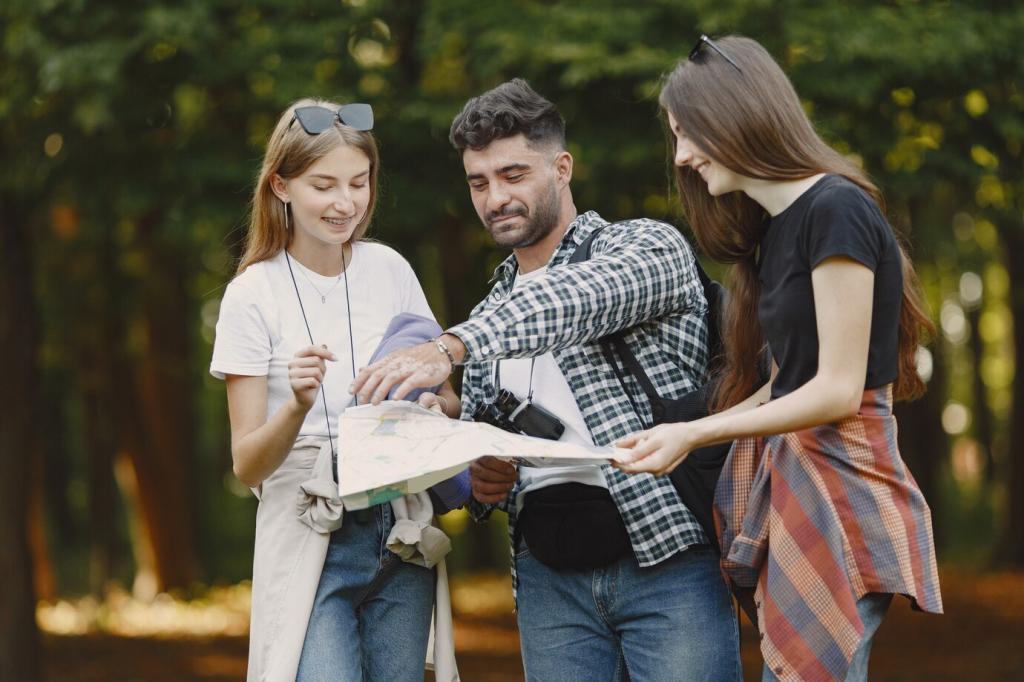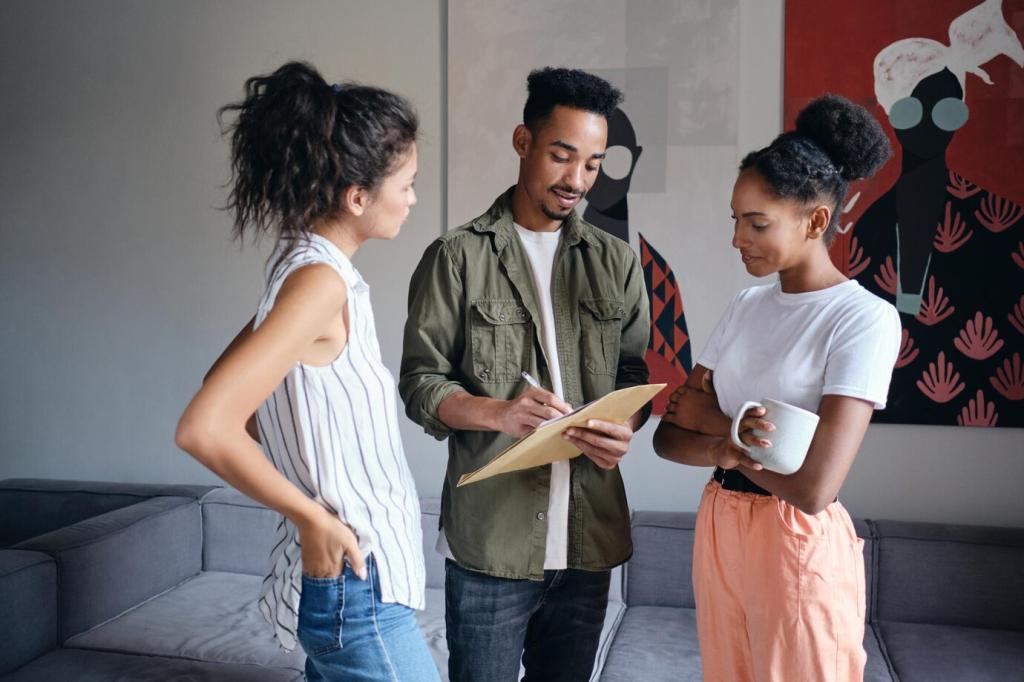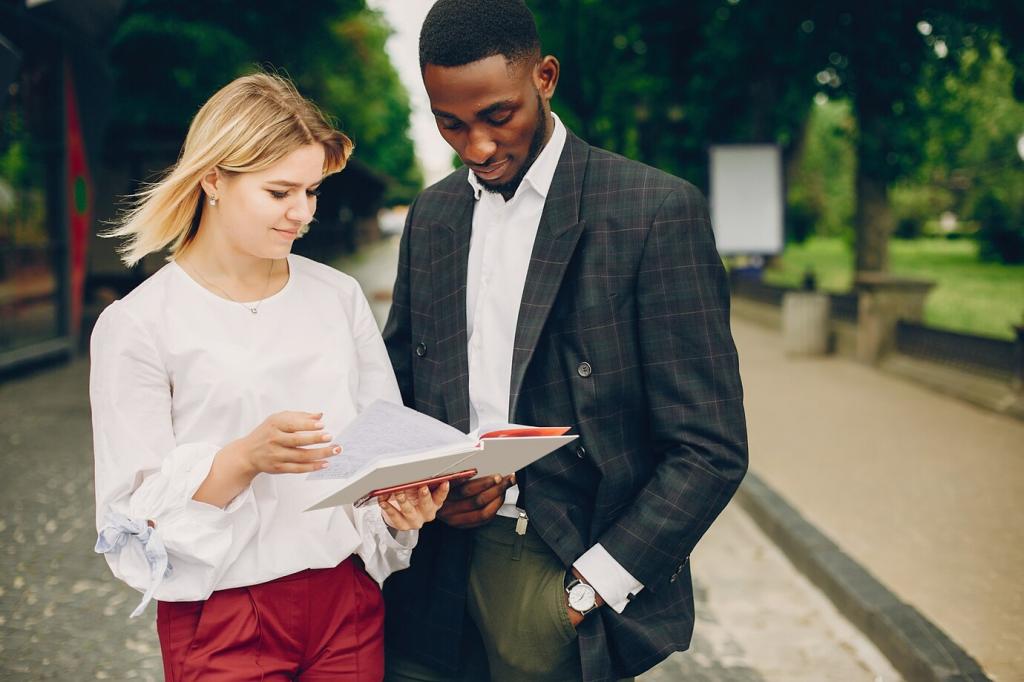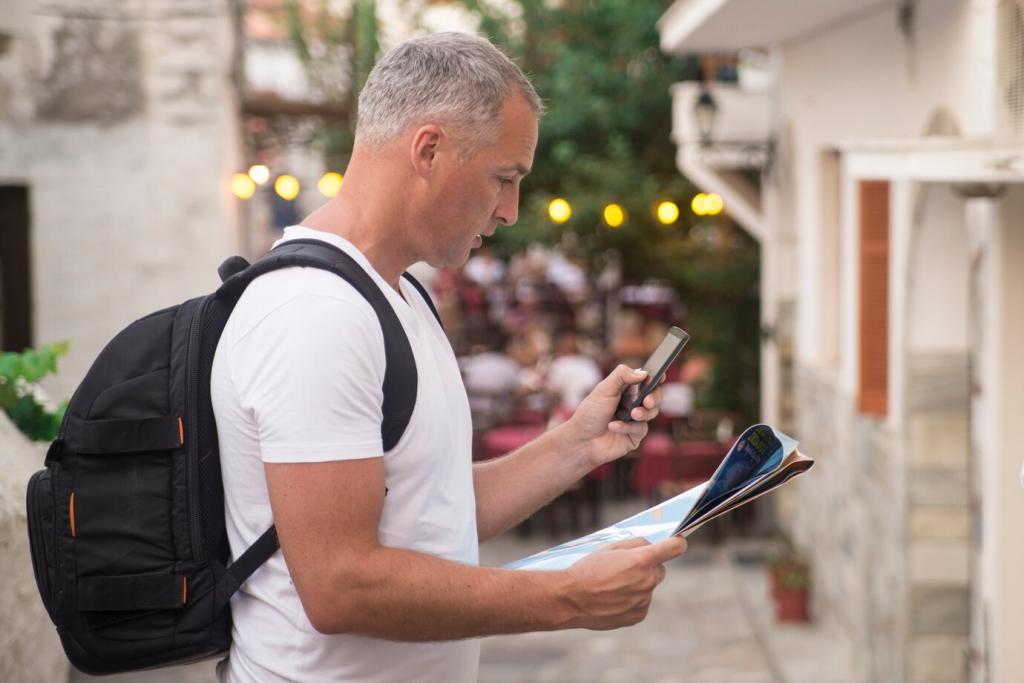Calm Conflict Resolution and Repair
Lower your voice, slow your cadence, and offer simple choices that restore agency. Validate feelings without assigning blame. When guests feel heard, conflict cools. Practice phrases that invite calm, like “Let’s pause,” and “Here are two respectful paths we can take together.”
Calm Conflict Resolution and Repair
A good apology names the harm, takes responsibility, and describes the fix. Avoid conditional language. If you misstepped culturally, acknowledge who taught you better and thank them publicly. That humility can transform a tense moment into a shared lesson and lasting respect.
Calm Conflict Resolution and Repair
On my first season guiding, I forgot to brief shoe etiquette at a hilltop temple. A caretaker quietly reminded me. We paused, explained the tradition, and removed our shoes together. Guests later said that humble pivot taught them more than any prepared speech.






